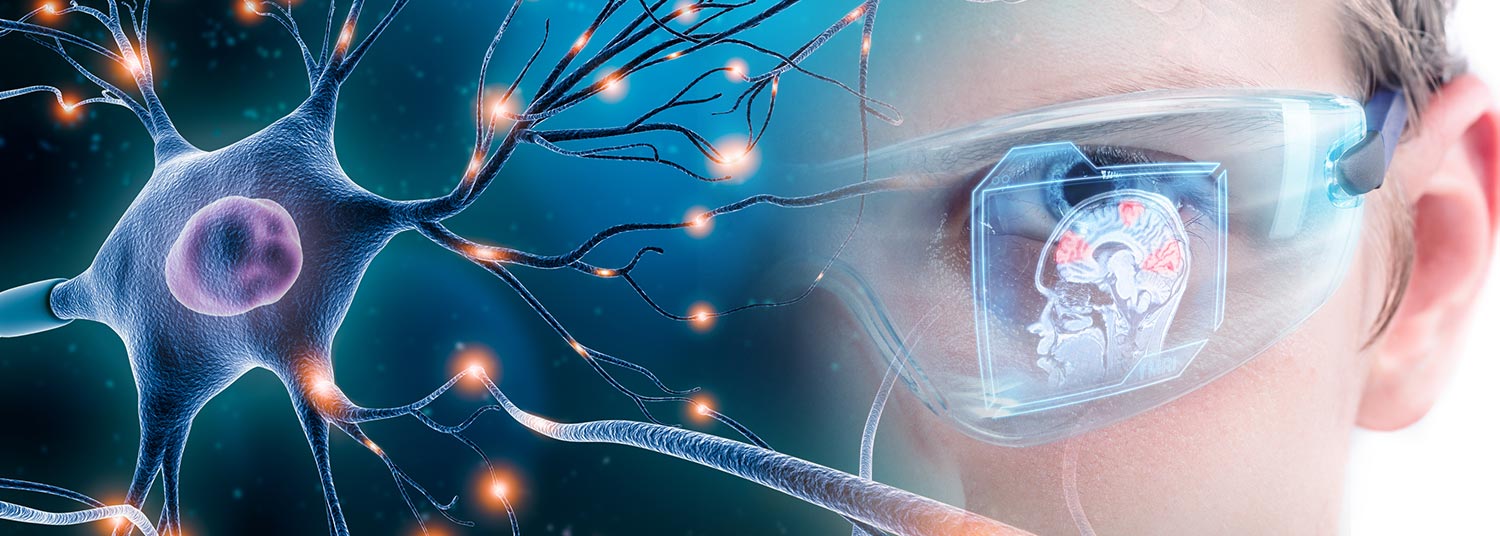December 12, 2022 | Vanessa McMains
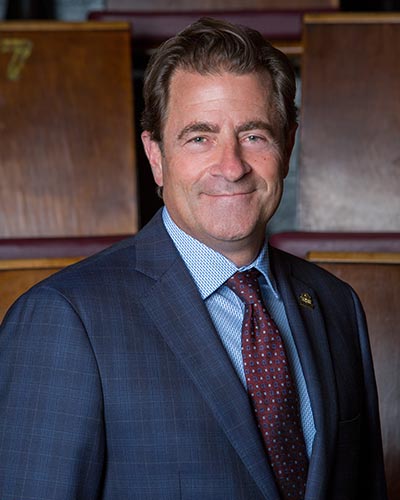 New Institute Will Leverage UMSOM’s Nationally Renowned Neuroscientists to Focus on Fundamental Discovery, Ultimately Improving Patient Care in Neurological Disorders
New Institute Will Leverage UMSOM’s Nationally Renowned Neuroscientists to Focus on Fundamental Discovery, Ultimately Improving Patient Care in Neurological Disorders
University of Maryland School of Medicine (UMSOM) Dean Mark T. Gladwin, MD, has announced plans to launch a new neuroscience institute that will accelerate translational research of the brain by facilitating interaction between basic and clinical scientists and enhancing collaborative research across the UMSOM and University of Maryland, Baltimore (UMB) campus.
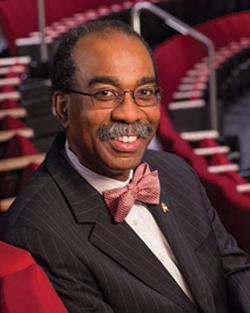 The institute, called the University of Maryland-Medicine Institute for Neuroscience Discovery (UM-MIND), builds on the vision of former UMSOM Dean E. Albert Reece, MD, PhD, MBA, who had championed the idea of a new brain research institute before stepping down as dean and returning to the UMSOM faculty in August.
The institute, called the University of Maryland-Medicine Institute for Neuroscience Discovery (UM-MIND), builds on the vision of former UMSOM Dean E. Albert Reece, MD, PhD, MBA, who had championed the idea of a new brain research institute before stepping down as dean and returning to the UMSOM faculty in August.
The Institute will recruit new talent to campus and leverage the more than 120 leading neuroscientists at UMSOM under one umbrella and elevate the prominence of UMSOM’s basic and clinical science research portfolio.
Urgent Need
“There is an urgent need to better understand how the brain develops and ages and responds to inflammation and traumatic injury,” said Dean Gladwin, who is also Vice President for Medical Affairs, University of Maryland, Baltimore, and the John Z. and Akiko K. Bowers Distinguished Professor. “Alzheimer’s disease and related dementias, for example, currently afflict more than 5 million Americans and represent one of our great generational challenges associated with the aging of the world’s populations.”
He added: “Our institution has tremendous strengths around neuroscience, with faculty scientists across our academic departments, center, institutes, and programs. Now is the ideal time to form a partnership across these entities in the study of brain science, with the goal of accelerating the discovery and translation of novel therapies and offer new hope for patients.”
Currently, UMSOM has more than $65 million in research funding for neuroscience research projects. Overall, UMB has some $107 million devoted to studies of the brain, although the research is spread out across several schools, centers, and departments.
Partnership & Collaboration
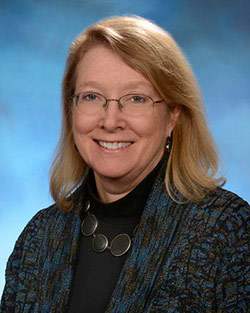
Funds supporting UM-MIND were provided through a partnership between Dean Gladwin and department chairs, including Victoria Marchese, PhD, PT, the Jane Kroh Satterfield Professor of Physical Therapy and Rehabilitation Science and Chair of the Department of Physical Therapy and Rehabilitation Science, Peter Crino, MD, PhD, Dr. Richard and Kathryn Taylor Endowed Professor and Chair of Neurology; Graeme Woodworth, MD, Chair of the Department of Neurosurgery, and Jill RachBeisel, MD, Dr. Irving J. Taylor Professor and Chair of Psychiatry.
“If we can create a cohesive structure and encourage multidisciplinary collaboration in this critical area of scientific research, with our depth and breadth of exceptional faculty, we have a tremendous opportunity to make a national and international impact, and to raise the bar of excellence to the next level, said Margaret McCarthy, PhD, The James & Carolyn Frenkil Endowed Dean’s Professor and Chair of the Department of Pharmacology at UMSOM, who has been named by Dean Gladwin as the Director of UM-MIND.
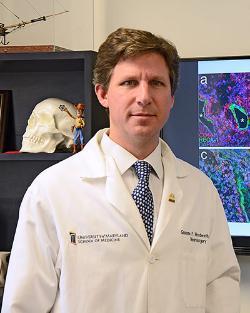 “Advances in brain imaging, neural network analyses, genetics, brain-computer interface technologies, and more are opening exciting opportunities to study and apply new information related to difficult-to-treat neurological conditions. For certain conditions like traumatic brain injury and glioblastoma, few if any major advances have occurred in the last two decades,” said Dr. Woodworth. “Now is an exciting time to merge the latest advances, coalescing inter-disciplinary neuroscience teams in UM-MIND, which will accelerate the discovery of novel therapies and offer new hope for patients.”
“Advances in brain imaging, neural network analyses, genetics, brain-computer interface technologies, and more are opening exciting opportunities to study and apply new information related to difficult-to-treat neurological conditions. For certain conditions like traumatic brain injury and glioblastoma, few if any major advances have occurred in the last two decades,” said Dr. Woodworth. “Now is an exciting time to merge the latest advances, coalescing inter-disciplinary neuroscience teams in UM-MIND, which will accelerate the discovery of novel therapies and offer new hope for patients.”
Collaboration and leadership of additional chairs and program directors at the UMSOM, all of whom are neuroscientists, were essential for forming UM-MIND, including: Dr. McCarthy of Pharmacology, Elias Melhem, MD, Dean John M. Dennis Chair of Radiology; and Asaf Keller, PhD, the Dean Donald E. Wilson, MD, MACP, Professor and Chair of Anatomy and Neurobiology.
 UM-MIND will leverage partnerships with programs at neighboring institutions such as the U.S. Veteran’s Administration’s Geriatric Research Education and Clinical Center (GRECC), the University of Maryland Baltimore County and the University of Maryland College Park to further research collaboration and education opportunities in brain sciences.
UM-MIND will leverage partnerships with programs at neighboring institutions such as the U.S. Veteran’s Administration’s Geriatric Research Education and Clinical Center (GRECC), the University of Maryland Baltimore County and the University of Maryland College Park to further research collaboration and education opportunities in brain sciences.
Dr. Keller, commented, “We have been working on several initiatives at UMSOM to build on our exceptional research and clinical strengths in multiple areas in neuroscience, including drug addiction, emotional disorders, and neuronal development. The Institute is a keystone of carrying out these initiatives and will serve to raise the bar of excellence and discovery.”
Three Pillars of Focus
UM-MIND will be divided into three pillars of focus: Brain Development, Aging and Cognition, and Brain Injury and Disease.
“In deciding on the three tracts, we looked at our existing strengths and limitations and looked to where the future of neuroscience is heading,” said Dr. McCarthy. “We have clear strengths in developmental biology, particularly when it comes to psychiatric disease, and we are strong in trauma and the brain tumor fields. In the field of aging and cognition for diseases like Alzheimer’s, we see great potential and importance in building this area.”
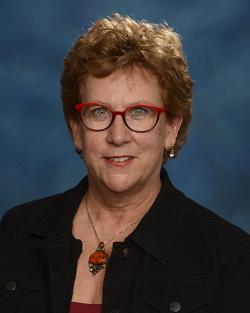 The first pillar of Brain Development will address how the brain forms in the mother’s womb and how genetics, epigenetics, and sex and gender play a role in this development, as well as what happens when these processes go wrong and lead to neurodevelopment disorders such as autism or schizophrenia.
The first pillar of Brain Development will address how the brain forms in the mother’s womb and how genetics, epigenetics, and sex and gender play a role in this development, as well as what happens when these processes go wrong and lead to neurodevelopment disorders such as autism or schizophrenia.
Dr. RachBeisel, remarked, “With more than 53 million Americans, adults, and youths, experiencing mental illness and/or substance use disorders over the past year, understanding the causes and discovery of effective treatments is paramount to our nation’s health and future. UM-MIND, through a highly collaborative approach between neuroscience experts, will work to uncover the mysteries of such devastating illness and enhance a global understanding and approach to effective care and will create opportunities to enhance quality of life around the world.”
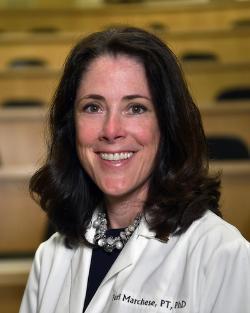 The second pillar of Aging and Cognition will concentrate on both healthy aging of the brain and neurodegenerative disorders of aging, such as dementia, Alzheimer’s, and Parkinson’s disease which disrupt cognition and/or movement. This research pillar will encompass research on addiction, new fast-acting antidepressants, sleep, motor control, and neurodegenerative disorders.
The second pillar of Aging and Cognition will concentrate on both healthy aging of the brain and neurodegenerative disorders of aging, such as dementia, Alzheimer’s, and Parkinson’s disease which disrupt cognition and/or movement. This research pillar will encompass research on addiction, new fast-acting antidepressants, sleep, motor control, and neurodegenerative disorders.
Dr. Marchese, said, “UM-MIND is an exciting new initiative that will bridge collaborations and provide opportunities to advance research in exploring the brain’s motor mechanisms that contributes to movement dysfunction.”
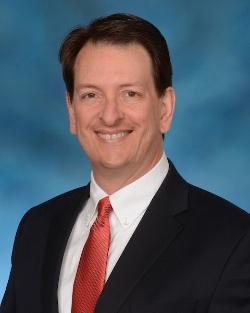
Dr. Crino, added, "UM-MIND will greatly facilitate collaborative campus research in clinical and translational neurosciences, focusing on a number of devastating neurological disorders including stroke, dementia, autism, brain cancer, ALS, multiple sclerosis, and epilepsy."
UM-MIND is committed to enhancing efforts at recruiting and training junior faculty from underrepresented groups in biomedical science and funds from the National Institute’s of Health FIRST grant will allow the institute to recruit additional faculty that can enhance research in key areas that are not currently well-represented.
Contact
Office of Public Affairs
655 West Baltimore Street
Bressler Research Building 14-002
Baltimore, Maryland 21201-1559
Contact Media Relations
(410) 706-5260
Vanessa McMains
Director, Media & Public Affairs
University of Maryland School of Medicine
Institute of Human Virology
vmcmains@ihv.umaryland.edu
Cell: 443-875-6099
Related stories
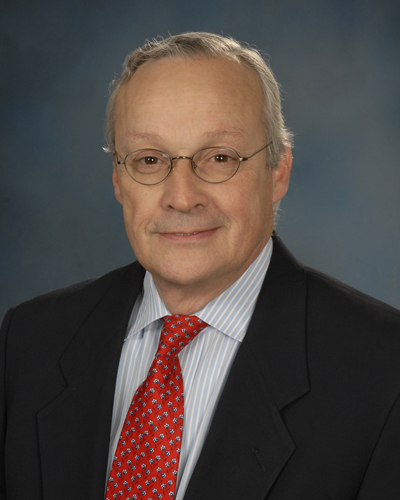
Monday, December 01, 2025
University of Maryland School of Medicine Neurosurgeon J. Marc Simard, MD, PhD, Receives Prestigious Neuroscience Award
Marc Simard, MD, PhD, the Dr. Bizhan Aarabi Professor of Neurotrauma, Distinguished University Professor, and Chief of Neurological Surgery at the Baltimore Veterans Affairs Medical Center, received the Javits Neuroscience Investigator Award from the National Institute of Neurological Disorders and Stroke (NINDS) providing $4.34 million in total funding.
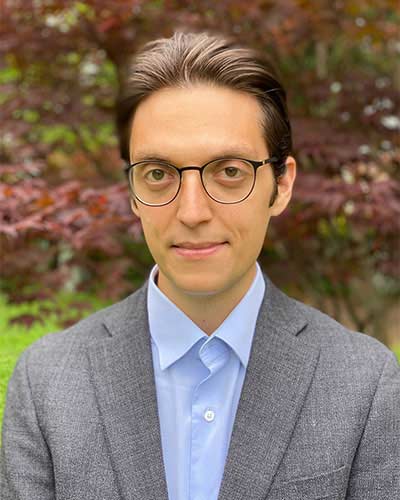
Monday, November 03, 2025
Neuroscientist Marco Venniro, PhD, Receives Prestigious Award from Society for Neuroscience
Marco Venniro, PhD, Associate Professor of Neurobiology and Psychiatry at the University of Maryland School of Medicine (UMSOM), was awarded today with $30,000 from the Society for Neuroscience for their prestigious Jacob P. Waletzky Award. The annual award is given to an early career scientist (within 15 years of his/her PhD or MD degree) whose independent research has led to significant conceptual and empirical contributions to the understanding of drug addiction.
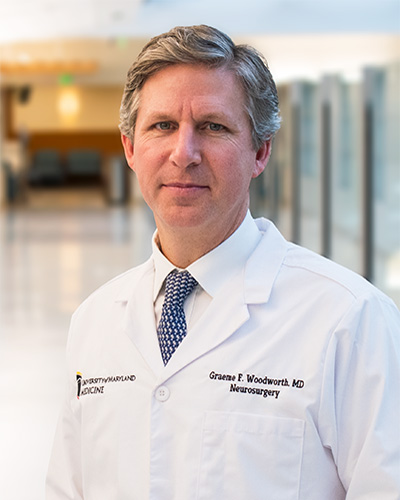
Monday, August 25, 2025
University of Maryland School of Medicine Researchers Detail Reliable Measurement for Blood-Brain Barrier Opening Using Focused Ultrasound
Researchers from the University of Maryland School of Medicine (UMSOM), Brigham and Women’s Hospital in Boston and other North American institutions, have provided the first technical description for using focused ultrasound to reliably open the blood-brain barrier. The findings, recently published in Device, pave the way for expanding the use of this experimental device to open the blood-brain barrier to improve treatments and diagnostics for patients with brain tumors and other neurological disorders.
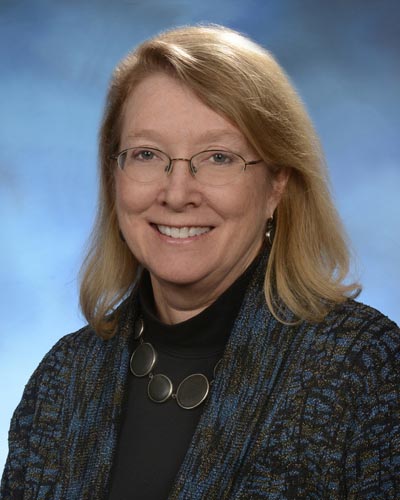
Tuesday, April 25, 2023
Immune System Sculpts Rat Brains During Development
Researchers have established that biological sex plays a role in determining an individual’s risk of brain disorders. For example, boys are more likely to be diagnosed with behavioral conditions like autism or attention deficit disorder, whereas women are more likely to suffer from anxiety disorders, depression, or migraines. However, experts do not fully understand how sex contributes to brain development, particularly in the context of these diseases. They think, in part, it may have something to do with the differing sizes of certain brain regions.
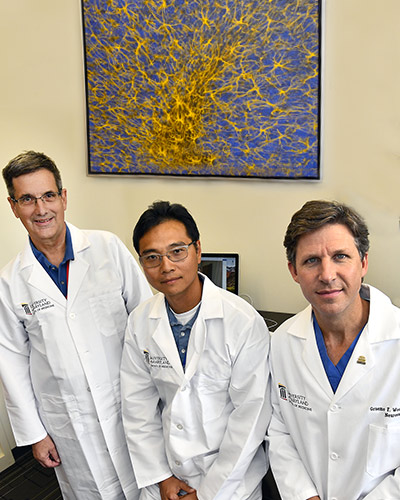
Wednesday, January 15, 2020
New Nanoparticle Therapy Appears More Effective Than Standard Therapy at Treating Aggressive Breast Cancer
Researchers at the University of Maryland School of Medicine (UMSOM) developed a new nanoparticle drug formulation that targets a specific receptor on cancer cells and appears to be more effective than a standard nanoparticle therapy currently on the market to treat metastatic breast cancer, according to a study published today in the journal Science Advances. The new ‘DART’ nanoparticles bypass healthy cells and tissues and bind to tumor cells, dispersing evenly throughout the tumor while releasing the chemotherapy drug paclitaxel.

Friday, September 06, 2019
UMSOM's Dr. Margaret McCarthy Awarded Indiana University's Gill Transformative Investigator Award for Neuroscience Research
Indiana University’s Gill Center for Biomolecular Science has given Margaret McCarthy, PhD, The James & Carolyn Frenkil Endowed Dean’s Professor and Chair of the Department of Pharmacology at the University of Maryland School of Medicine (UMSOM), The Gill Center for Biomolecular Science 2019 Gill Transformative Investigator Award.
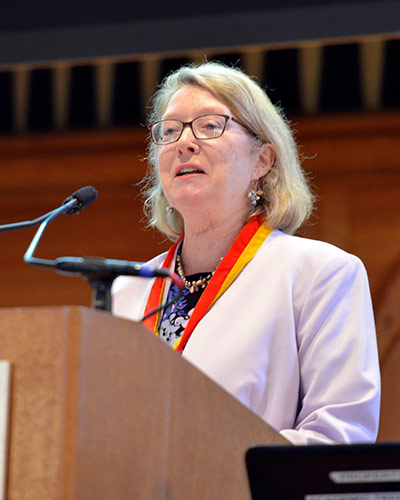
Thursday, April 04, 2019
Margaret "Peg" McCarthy, PhD, is Invested as the Second James and Carolyn Frenkil Dean's Professor
In front of a standing ovation at Westminster Hall on March 26, Margaret McCarthy, PhD, Professor and Chair of the Department of Pharmacology, became the second University of Maryland School of Medicine (UMSOM) faculty member to hold the James and Carolyn Frenkil Dean’s Professorship. The two professorships, made possible by the generosity of UMSOM Board of Visitors member and longtime philanthropist Carolyn B. Frenkil, were established to recognize distinguished faculty in the basic sciences. The ceremony followed the investiture of James Kaper, PhD, Professor of Microbiology and Immunology, in March.

Thursday, March 28, 2019
Allergic Reactions Play Role in Sexual Behavior Development in Unborn Males and Females, UMSOM Research Shows
Researchers at the University of Maryland School of Medicine and colleagues at Ohio State University have discovered that allergic reactions trigger changes in brain behavior development in unborn males and females. This latest brain development discovery will ultimately help researchers better understand how neurological conditions can differ between men and women.
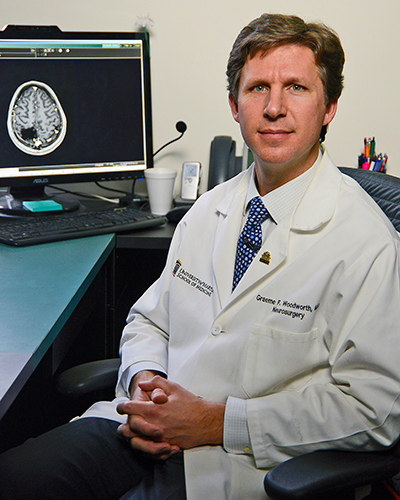
Thursday, August 09, 2018
University of Maryland School of Medicine Scientists to Conduct First FDA-Approved Study of Focused Ultrasound to Open Blood-Brain Barrier
In the first such clinical trial in the United States, physician-scientists with the University of Maryland School of Medicine (UMSOM) are investigating the use of MRI-guided focused ultrasound to open the blood-brain barrier. The trial will be conducted with patients undergoing brain cancer surgery at the University of Maryland Medical Center (UMMC).
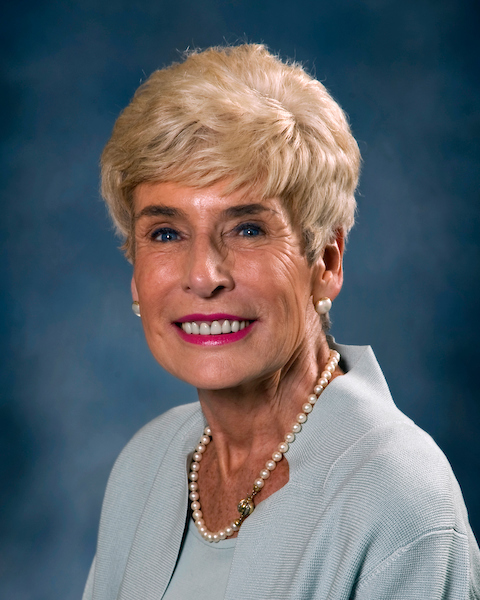
Tuesday, July 31, 2018
University of Maryland School of Medicine Establishes Two Endowed Professorships Through Private Gifts and Matching State Funds
University of Maryland School of Medicine (UMSOM) Dean E. Albert Reece, MD, PhD, MBA, announced today that the school has been awarded matching funds from the Maryland E-Nnovation Initiative Fund (MEIF), administered by the Maryland Department of Commerce. The funds, when combined with private philanthropy, will enable UMSOM to establish two new endowed professorships – one in Microbiology and Immunology, and one in Pharmacology.
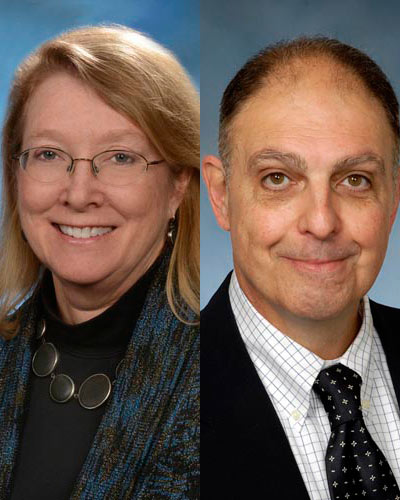
Friday, June 15, 2018
Acting Chairs Appointed for Pharmacology and Physical Therapy Departments During Chair Sabbaticals
University of Maryland School of Medicine (UMSOM) Dean E. Albert Reece, MD, PhD, MBA, announced today that two department chairs, Margaret McCarthy, PhD, Professor and Chair, Department of Pharmacology, and Mark Rogers, PhD, PT, FAPTA, the George R. Hepburn Dynasplint Professor and Chair, Department of Physical Therapy and Rehabilitation Science (PTRS), will be taking sabbatical leave during the 2019 fiscal year. In making the announcement, Dean Reece noted that acting chairs have been named to provide leadership in these two departments during this period.

